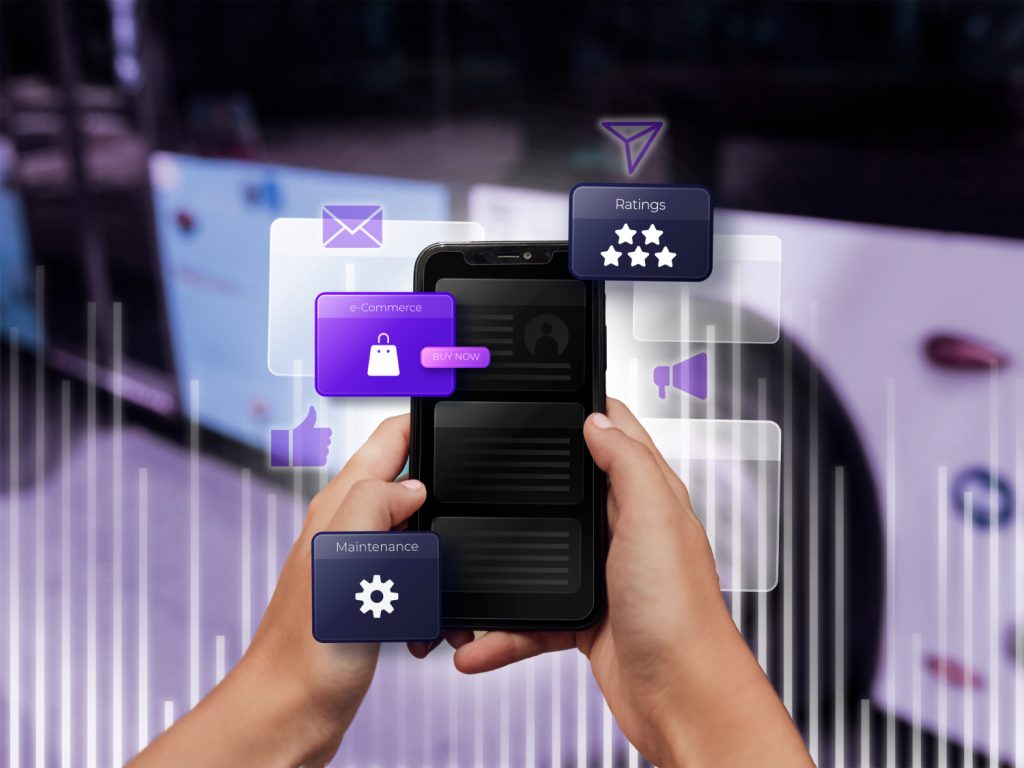In today’s competitive market, customer engagement is more important than ever. Businesses need to build meaningful relationships with their customers to retain loyalty, boost sales, and stand out in a crowded landscape. Customer engagement platforms make this process seamless by offering tools for personalized communication, real-time interactions, and data-driven insights.
Whether you run a small business or manage a large organization, these platforms can help you connect with customers through emails, social media, live chat, and more. The right platform can also automate repetitive tasks, leaving you with more time to focus on strategy and growth. Here’s a list of the top 10 customer engagement platforms for 2024, each with its unique features, advantages, and drawbacks to suit different business needs.
1. HubSpot CRM
Features:
- Centralized customer database for seamless management.
- Email marketing and automation tools.
- Social media integration.
- Real-time live chat and chatbot support.
- In-depth analytics and reporting.
Pros:
- User-friendly interface.
- Free plan available with robust features.
- Strong integration capabilities.
Cons:
- Advanced features require premium plans.
- Steep learning curve for new users.
- Limited customization options.
Pricing: Starting at $45/month. Learn More
2. Zendesk
Features:
- Multi-channel support (email, chat, social media).
- AI-driven chatbots for instant responses.
- Comprehensive knowledge base for self-service.
- Workflow automation tools.
- Integration with third-party apps.
Pros:
- Scalable for businesses of all sizes.
- Excellent customer support.
- Easy integration with CRM tools.
Cons:
- Premium pricing for advanced features.
- Limited customization for smaller plans.
- Occasional setup complexity.
Pricing: Starting at $19/month. Explore Zendesk
3. Intercom
Features:
- Live chat and messaging solutions.
- Targeted email and in-app messaging.
- AI-powered chatbots for automated support.
- Product tours for onboarding.
- Advanced reporting and analytics.
Pros:
- Ideal for personalized customer interactions.
- Excellent for onboarding and support.
- Highly scalable.
Cons:
- Pricing can add up for small businesses.
- Limited features in basic plans.
- Some users find the UI complex.
Pricing: Starting at $74/month. Discover Intercom
4. Salesforce Service Cloud
Features:
- AI-driven customer service.
- Multi-channel support system.
- Advanced reporting and dashboards.
- Automation of repetitive tasks.
- Integration with Salesforce CRM.
Pros:
- Comprehensive feature set.
- Excellent scalability.
- Integrates seamlessly with other Salesforce products.
Cons:
- High cost for small businesses.
- Steep learning curve.
- Requires ongoing customization.
Pricing: Starting at $25/user/month. Learn More
5. Freshdesk
Features:
- Ticket management system for customer inquiries.
- AI-powered chatbots for instant responses.
- Collaboration tools for team efficiency.
- Integration with third-party apps.
- Customizable workflows.
Pros:
- Affordable for small businesses.
- Easy-to-use interface.
- Excellent automation features.
Cons:
- Limited features in free plans.
- Requires additional add-ons for advanced features.
- Integration setup can be challenging.
Pricing: Starting at $15/month. Try Freshdesk
6. Kustomer
Features:
- Unified customer data platform.
- Omnichannel communication support.
- AI-driven customer insights.
- Workflow automation.
- Customizable dashboards.
Pros:
- Highly customizable.
- Centralized customer view.
- Scalable for larger teams.
Cons:
- Expensive for small businesses.
- Complex setup process.
- Requires training for advanced features.
Pricing: Starting at $89/month. Explore Kustomer
7. Drift
Features:
- Conversational marketing tools.
- AI-powered chatbots for customer interaction.
- Email marketing and scheduling.
- Integration with CRM and sales tools.
- Advanced analytics for engagement tracking.
Pros:
- Focused on conversational experiences.
- Great for lead generation.
- Easy CRM integration.
Cons:
- High pricing tiers.
- Limited features in basic plans.
- Not ideal for smaller teams.
Pricing: Starting at $50/month. Discover Drift
8. Pipedrive
Features:
- Sales-focused customer engagement tools.
- Email tracking and automation.
- Real-time notifications.
- Visual sales pipeline.
- Integration with third-party apps.
Pros:
- User-friendly interface.
- Affordable pricing.
- Great for small businesses.
Cons:
- Limited support for advanced engagement.
- Basic reporting features.
- No free plan available.
Pricing: Starting at $14.90/month. Try Pipedrive
9. Sprinklr
Features:
- Comprehensive social media management.
- AI-driven sentiment analysis.
- Multi-channel customer engagement.
- Workflow automation.
- Customizable dashboards.
Pros:
- Excellent for social media-focused engagement.
- Scalable for enterprises.
- AI-powered insights.
Cons:
- Expensive for small businesses.
- Steep learning curve.
- Limited focus outside social media.
Pricing: Custom pricing. Discover Sprinklr
10. Zoho Desk
Features:
- Multi-channel ticketing system.
- AI-powered chatbot for instant responses.
- Customizable workflows.
- Integration with Zoho CRM and other tools.
- Advanced reporting and analytics.
Pros:
- Affordable for small businesses.
- Seamless integration within the Zoho ecosystem.
- Easy to use.
Cons:
- Limited features in free plans.
- Complex setup for advanced tools.
- Fewer integrations with non-Zoho apps.
Pricing: Starting at $14/month. Try Zoho Desk
Conclusion
Customer engagement platforms are essential for businesses to build strong relationships with their audience. Whether you’re looking for affordability, scalability, or advanced features, there’s a platform for every need. HubSpot and Zendesk are excellent for all-in-one solutions, while specialized tools like Drift focus on conversational marketing. Before making your choice, consider your business size, budget, and primary goals. Most platforms offer free trials or demos, so you can test them before committing. Invest in the right tool to ensure seamless customer interactions and long-term growth!







